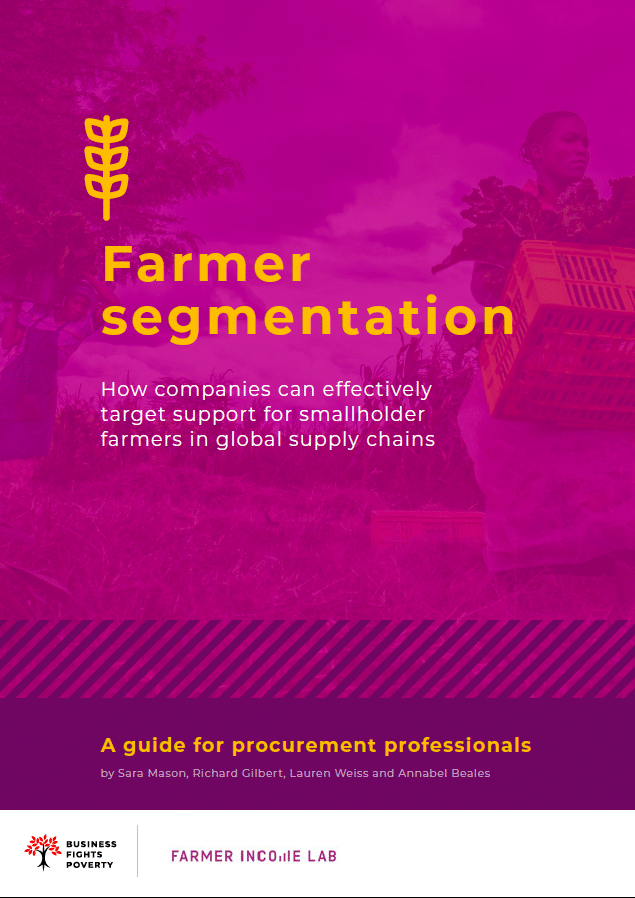Home » Sustainable Development » Agriculture » Page 5


What do we mean by "Agriculture"?
Sub-topics within this category
There are no sub-topics within this Category.

Business Fights Poverty is proud to be a Founding UK B Corp.
© 2023 Business Fights Poverty.
The Business Fights Poverty logo and tree device are registered trademarks.